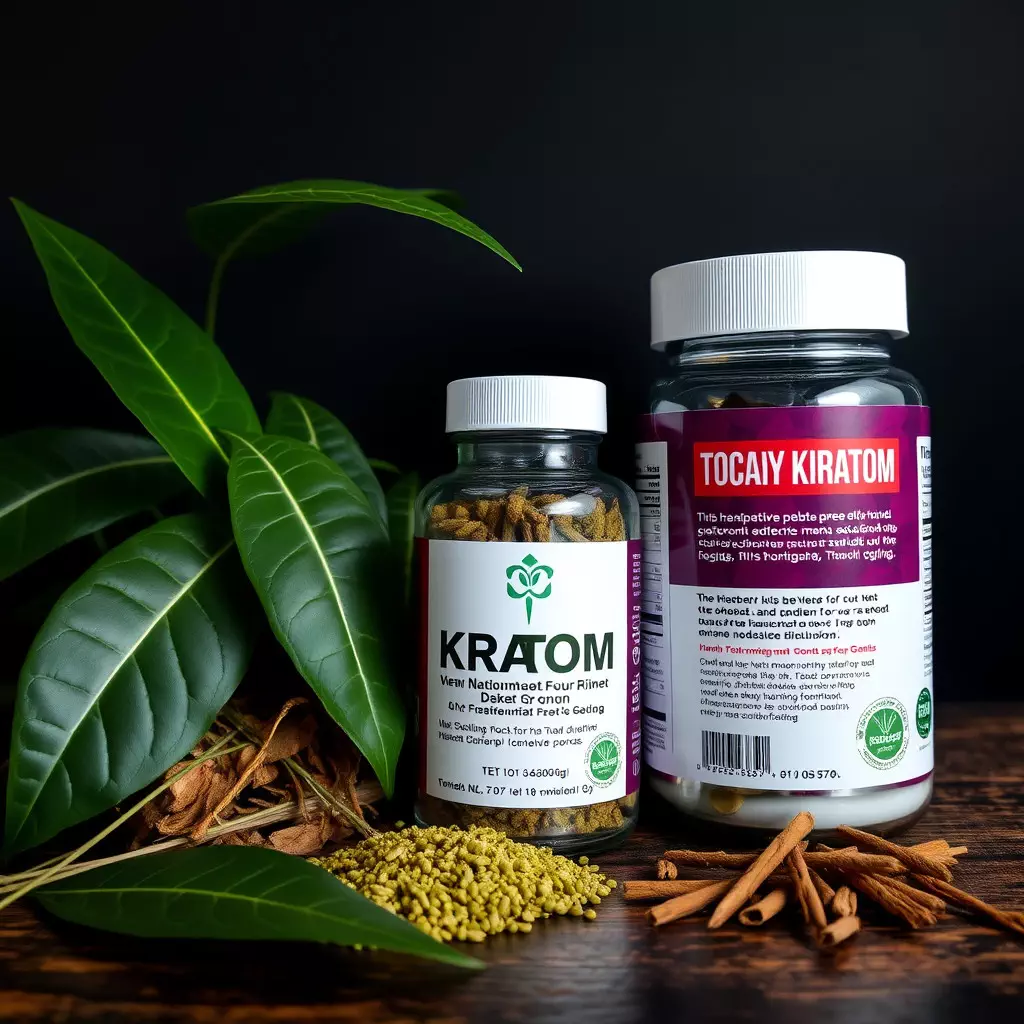The debate on whether kratom should be integrated into military resilience programs to enhance mental fortitude and focus is complex, given the U.S. Army's strict stance on its use. Kratom, a supplement from the Mitragyna speciosa tree, has been linked to improved concentration, endurance, and mental acuity, which could be beneficial for soldiers preparing for the Army Fitness Test (AFT). However, it is crucial to note that the Army explicitly tests for kratom and classifies it as a prohibited substance due to legal concerns. Soldiers are advised against using kratom to avoid serious repercussions, including disciplinary action or discharge. Any exploration of kratom's role in mental resilience training within military contexts must be done with adherence to the Army's regulations, emphasizing performance enhancement methods that align with the army's guidelines and are within the bounds of the law. This includes addressing the question "Does the Army test for kratom?"—a definitive yes, which underscores the importance of compliance to maintain both individual effectiveness and operational readiness within the military.
Embarking on a journey to fortify mental endurance and physical prowess? Explore the nuanced interplay between mental toughness strategies and Kratom training, as outlined in this insightful article. Delve into how Kratom can potentially augment cognitive fortitude and physical endurance, especially within the rigorous context of military training. Examine the Army’s perspective on Kratom’s role, addressing the pressing question: Does the Army test for Kratom? Gain a comprehensive understanding of the implications for Army Fitness Test Standards and the intricacies of integrating this substance into training regimens, ensuring you are well-informed on the current testing boundaries set by the military.
- Mastering Mental Resilience: Strategies for Cultivating Toughness with Kratom Training and Its Implications for Army Fitness Test Standards
- The Role of Kratom in Enhancing Cognitive Fortitude and Physical Endurance in Military Training
- Navigating the Boundaries: Understanding the Army's Stance on Kratom Testing and Its Impact on Training Regimens
Mastering Mental Resilience: Strategies for Cultivating Toughness with Kratom Training and Its Implications for Army Fitness Test Standards

Mastering mental resilience is a critical component in various fields, particularly within military contexts where maintaining peak physical and mental performance is essential for mission success and personal safety. Kratom training, a practice that incorporates the use of kratom, a natural supplement derived from the Mitragyna speciosa tree, has emerged as a potential strategy to enhance mental toughness. Proponents argue that certain strains of kratom can promote heightened focus, endurance, and mental clarity, which are desirable traits for individuals undergoing rigorous training regimes such as those preparing for the Army Fitness Test (AFT). The AFT evaluates soldiers’ physical fitness, including strength, stamina, and agility.
However, it’s crucial to understand the implications of integrating kratom into training routines. While some studies suggest that kratom may have beneficial effects on mood and pain sensitivity, its presence in the system can be detected through standard drug tests, which raises questions about its legality and acceptance within military institutions. The Army’s stance on kratom is clear; it does test for kratom, and its use is prohibited. Soldiers must navigate these regulations carefully to avoid disciplinary action or removal from service. Therefore, when considering kratom as part of a mental resilience training program, individuals should be aware of the legal frameworks and potential consequences within their specific environment, such as military institutions. It’s also imperative to approach any supplementation with caution, ensuring that it aligns with the established standards and protocols set forth by the Army, focusing on natural methods to enhance performance that are both effective and compliant with regulations.
The Role of Kratom in Enhancing Cognitive Fortitude and Physical Endurance in Military Training

Kratom, a mitragynine-speciosa plant originating from Southeast Asia, has garnered attention within military circles for its potential to bolster both cognitive fortitude and physical endurance. Proponents suggest that kratom can enhance mental clarity and focus, which are crucial for the demanding decision-making processes inherent in military operations. The alkaloids present in kratom leaves are believed to stimulate the central nervous system, offering an energizing effect that can sustain performance during prolonged activities. This can be particularly beneficial in scenarios where soldiers must maintain vigilance and alertness over extended periods.
In terms of physical endurance, there is evidence to support the notion that kratom can mitigate feelings of fatigue and pain, which are common challenges faced by military personnel during rigorous training exercises. The analgesic properties of kratom may help soldiers push through discomfort, allowing them to train harder and longer. However, it’s important to address the question “Does the army test for kratom?”. While some military branches have policies against its use due to potential dependency risks and lack of FDA approval, others are exploring its applications within controlled settings, recognizing the fine line between harnessing its benefits and ensuring the safety and well-being of service members. As such, the integration of kratom into training regimens must be approached with caution, and any use should comply with established regulations and medical guidance to avoid adverse effects or discipline.
Navigating the Boundaries: Understanding the Army's Stance on Kratom Testing and Its Impact on Training Regimens

Soldiers seeking to enhance their mental toughness through training with kratom must navigate the complex and evolving stance of the United States Army on this herbal supplement. Kratom, derived from the leaves of Mitragyna speciosa, has gained attention for its potential cognitive and physical performance benefits. However, the Army’s testing policies regarding kratom use present a critical consideration for personnel. As of recent updates to their substance control programs, the Army has included kratom in its screening protocols. This means that soldiers undergoing routine testing may be subject to detection of kratom metabolites, which could lead to disciplinary action or removal from duty. The implications of this policy are significant, as it directly affects training regimens that incorporate kratom for mental resilience and performance enhancement. Training units must now carefully assess the use of kratom within their programs to ensure compliance with the Army’s drug policies, balancing the potential benefits against the risks of non-compliance. Soldiers are advised to consult with medical professionals and review official Army guidelines before integrating kratom into their training routines, as understanding the boundaries set by the military is crucial for maintaining good standing and effectiveness in service.
In conclusion, the integration of kratom training within mental toughness strategies presents a nuanced approach to enhancing cognitive fortitude and physical endurance. The implications of its use, particularly in relation to meeting Army Fitness Test standards, are significant and warrant careful consideration by military officials, especially as it pertains to the Army’s stance on kratom testing—a subject that deserves more attention given the current discourse around performance-enhancing substances in military training. It is clear that understanding how kratom may affect individuals, both positively and negatively, is crucial for optimizing fitness regimens while adhering to established Army protocols. Does the army test for kratom? The answer is complex and evolving, reflecting the ongoing dialogue between military policy and individual rights. As research continues to emerge, it will be essential for the Army to navigate these boundaries thoughtfully to maintain high standards of performance and well-being among its personnel.






